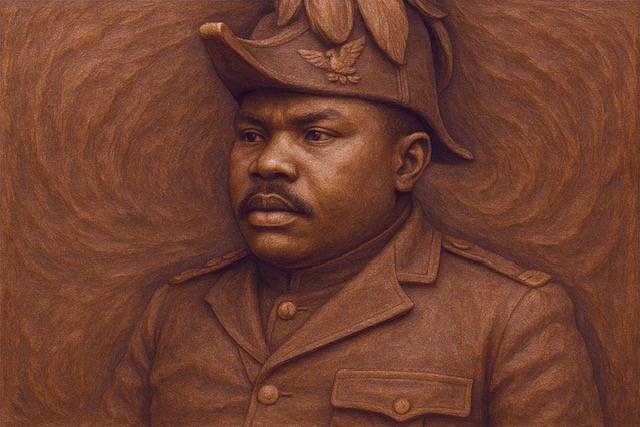Afro-Caribbean Americans: A Legacy of Resilience and Influence

Afro-Caribbean Americans, people of African descent with ancestral roots in the Caribbean. They have played a vital role in shaping the cultural, political, and social fabric of the United States. From the Harlem Renaissance to the halls of Congress, their influence is woven into every chapter of American history.
Early Migrations and Historical Roots
Migration from the Caribbean to the United States began in earnest in the late 19th and early 20th centuries. Many came seeking economic opportunity, education, or to escape colonial or political instability. Some of the first major groups were from Jamaica, Haiti, Barbados, and the Dominican Republic, settling primarily in New York, Boston, and Florida.
Caribbean Contributions to Civil Rights and Politics
Jamaican-born Marcus Garvey founded the Universal Negro Improvement Association (UNIA) in Harlem, promoting Black pride and Pan-Africanism. Later, Shirley Chisholm, born to Barbadian and Guyanese parents, made history as the first Black woman elected to the U.S. Congress — and the first Black person to run for a major-party nomination for U.S. President.
Culture, Faith & Festivals
Afro-Caribbean Americans introduced dynamic expressions of art, music, and spirituality. Reggae, calypso, soca, and Afro-Caribbean gospel have enriched American soundscapes. Faith traditions — including Pentecostalism, Rastafarianism, and syncretic Caribbean spiritualities — continue to thrive.
Communities and Modern Presence
Today, Caribbean American communities are strong in urban hubs like Miami, New York City, Boston, Atlanta, and Washington, D.C. The 2020 U.S. Census estimates over 4 million Americans claim Caribbean ancestry. Haitians, Dominicans, Jamaicans, and Trinidadians make up the largest groups.
Challenges and Achievements
Afro-Caribbean Americans have faced issues of identity, discrimination, and economic hardship — but also demonstrate high levels of entrepreneurship, educational attainment, and civic engagement. Many second-generation Caribbean Americans excel in medicine, law, arts, business, and politics.
Notable Afro-Caribbean Americans
-
Colin Powell (Jamaican heritage) – Former U.S. Secretary of State
-
Kamala Harris (Jamaican-Indian heritage) – First Black Vice President
-
Busta Rhymes, Nicki Minaj, and Rihanna – Music icons with Caribbean roots
-
Audre Lorde – Renowned writer and activist of Barbadian-Grenadian heritage
Conclusion
The story of Afro-Caribbean Americans is one of migration, perseverance, and cultural fusion. Their impact continues to grow, creating a legacy that inspires future generations.